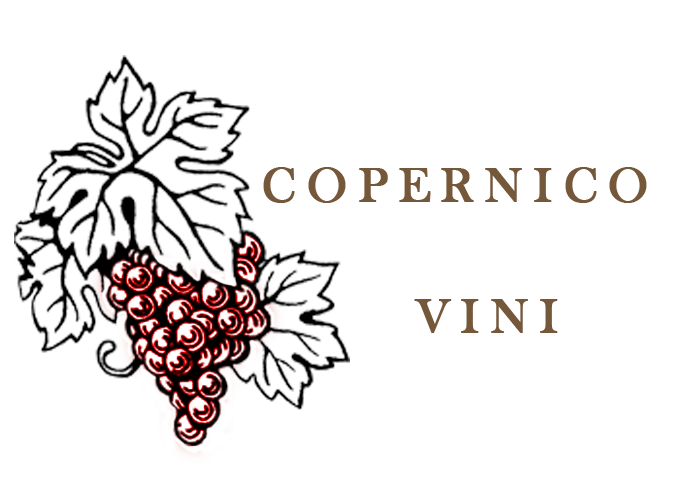Powerlessness Is Not Weakness
Meanwhile praying to God that no one would recognize me, and that I wouldn’t be found out and lose my job the next day. When we admit that we are powerless over alcohol or drugs, we admit that we are living with a disease that alters the chemical makeup of the brain. Someone suffering from this disease did not make a choice to go too far and lose control, and they are not inherently lacking in values or good character. Reaching out and letting trusted others in is an absolute must when it comes to cultivating moral resilience.
Drug & alcohol withdrawal can be agonizing — even life threatening. We highly recommend you do not attempt to detox on your own. A medical detox will help you safely and comfortably withdraw from drugs MASH Certification & alcohol. Detox is is the vital first step in the journey toward lifelong recovery. The FHE Health team is committed to providing accurate information that adheres to the highest standards of writing.
That Powerlessness You Feel Is Called “Moral Distress”
Resilience helps us to see that difficulties need not leave us eternally damaged; only temporarily challenged. Human beings are hardwired to detect and respond to threats. Like physical threats, psychological and existential or “soul” threats (like those to our integrity) can activate the body’s nervous system, shifting it from a calm, regulated state into survival mode. The most primitive part of the brain — the reptilian brain — goes on high alert, scouring the environment for other potential threats, and readying the body for action. If you or a loved one is struggling with substance abuse, help is available. I take heart in William James’ words, “Faith is a bet you can’t lose.” If I choose to believe that things I’m powerless over can work out without me, then I have more peace.

Serving as the Inpatient Clinical Director at Immersion Recovery Center, Susan will work directly with staff members, clients, and family members to ensure the clinical program remains as effective and individualized as possible. Susan is no stranger to the fields of behavioral health and addiction. She has over 25 years of experience, working in an inpatient setting, an outpatient https://g-markets.net/sober-living/oxford-house-recovery-homes-characteristics-and/ setting, acute stabilization and nearly all other settings in the realm of addiction recovery. When this happens, a deluge of stress chemicals are released, which leads to physical, emotional, and cognitive changes. Articulating and appropriately expressing feelings or desires can become difficult or exhausting. Our attention narrows and becomes biased to potential threats.
Examples of Powerlessness in Sobriety
We give them space to tell us something new about what’s going on. We observe and get curious about what moral values, obligations, or responsibilities are not getting met; what this says about the distressing situation and us; and how we might find other ways to satisfy them. When you look up the definition of the word “powerless”, you will find that it means being helpless, without ability or influence, ineffective, and defenseless. When you are powerless, it means you don’t have enough capability to win over something or to control something. Alongside the fear of the virus itself, the pandemic has limited our lives personally and professionally in countless ways, with the ongoing economic uncertainty and restrictions threatening to last well into 2021.
If you’re not getting the results you wanted, keep in mind that what you’re getting may be better in the long run than what you had imagined. But then it occurred to me that my moods are like the weather—they come and go of their own accord and are not up to me to fix. And lo and behold, as I accepted my inability to rid myself of my bad mood, it slowly but surely started to lift. Methadone withdrawal can catch users off guard, revealing this opioid medication’s powerful grip. If there were only a workbook to help you figure out how to deal with the unmanageability in your life, then everything would be ok, right? This miraculous guide could give you ways to get your life back in order.
Simplifying The Steps: Step One And The Concept Of Powerlessness
Moral resilience, while still a nascent concept, is related to psychological resilience but distinct in three ways. When we are morally distressed, we often feel muzzled, restricted, devalued, unheard, or dismissed. We easily become fueled by anger, disgust, fear, and frustration. Over time, these emotions can fill us with anxiety, depletion, or depression.
- You are recognizing that alcohol is a powerful thing that could once again take control of your life.
- This kind of thinking prevents us from looking at our powerlessness.
- You have to fully surrender by absolutely saying no to any alcohol from now on.
- A medical detox will help you safely and comfortably withdraw from drugs & alcohol.
- People who report feeling little power in their lives tend to show a greater risk of illnesses and death, even when you control for factors like their socioeconomic status.
The founders of AA understood that for alcoholics to truly take ownership of their recovery, they needed to accept that their life had become unmanageable due to their addiction. Excessive alcohol use not only leads to more than 140,000 deaths nationally each year but can also cause lives to spin out of control. A mistake often made when it comes to meaning-making is thinking it is a lesson to be learned or the “moral of the story.” Not so. Meaning-making is not trying to put a happy spin on pain, nor is it necessarily trying to teach us cautionary realities. Meaning-making simply helps us to broaden our thinking and feeling about a morally difficult situation and keeps us moving forward with integrity and principled action.


 English
English